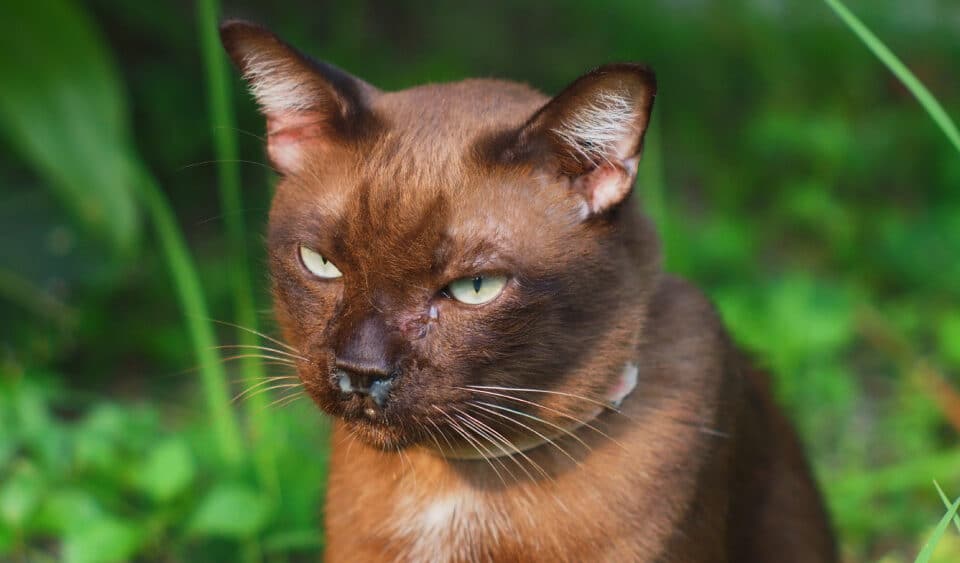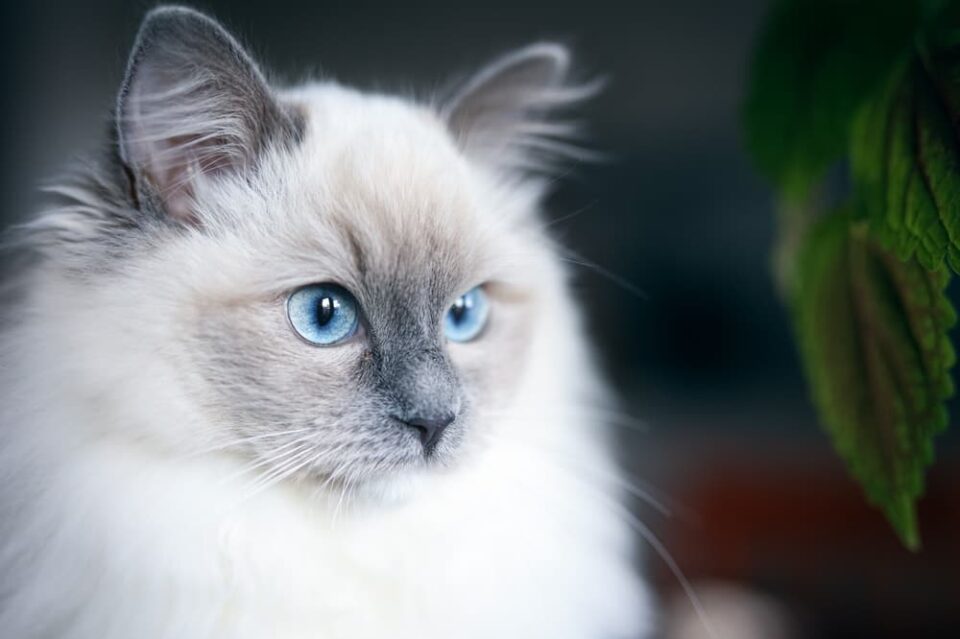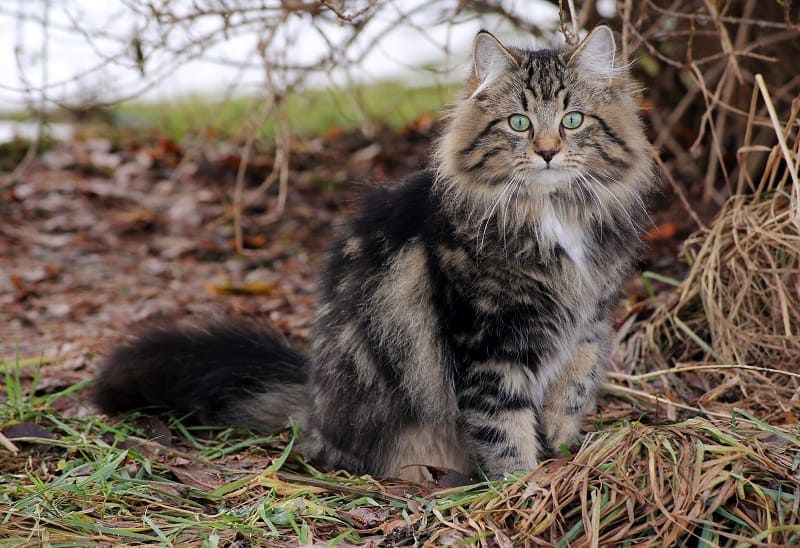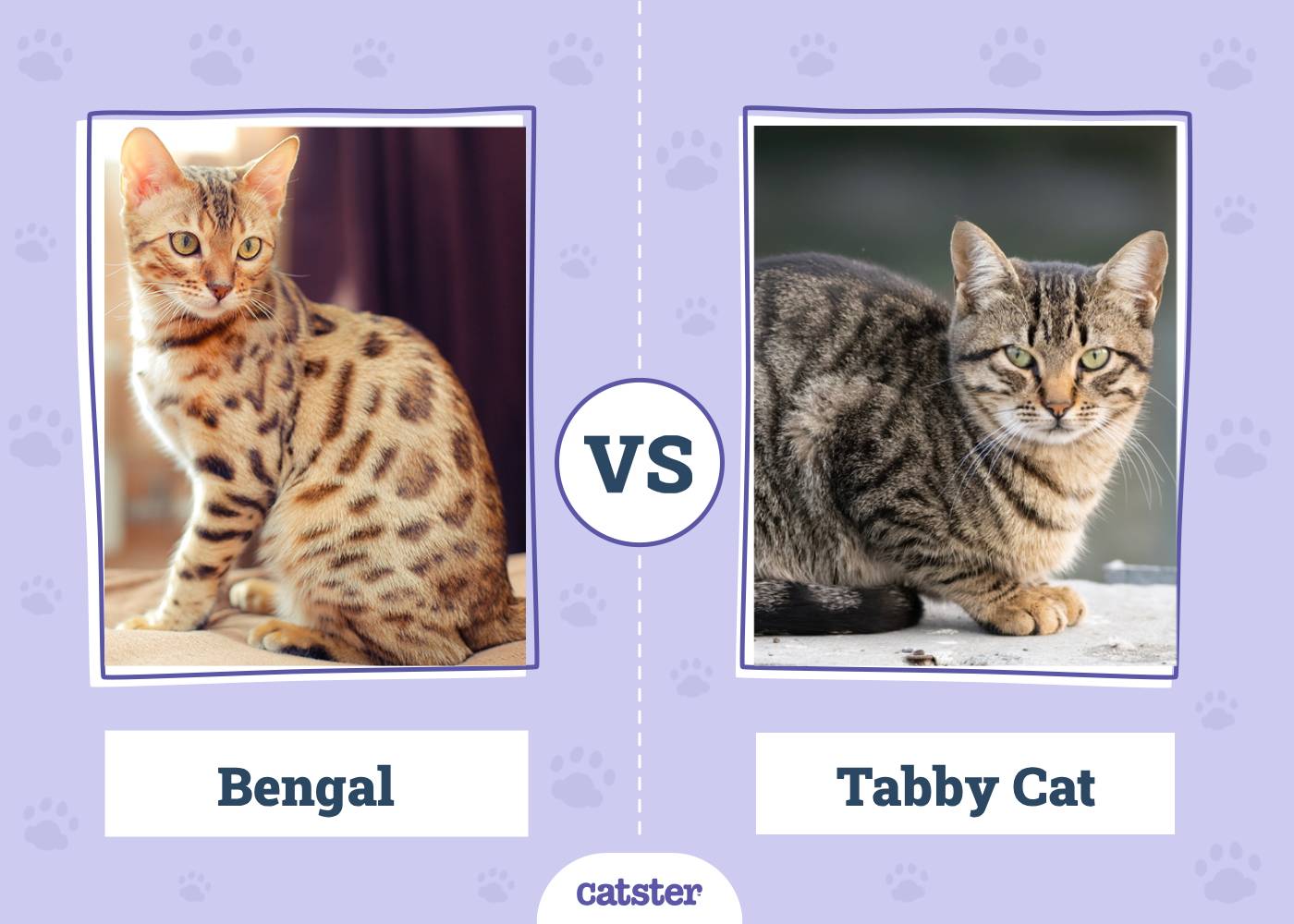Noticed your cat’s nose running lately? This guide explores the common reasons behind this issue.
- Respiratory infections are a top culprit, often accompanied by sneezing and discomfort.
- Allergies or irritants like smoke and candles can lead to that drippy nose.
- Dental issues aren’t just about bad breath—they can also cause nasal discharge.
- Other reasons include polyps, tumors, foreign bodies, and even hypertension.
Seeing your beloved feline with a runny nose is never fun. Respiratory infections, whether bacterial, viral, or fungal, are the usual suspects. Cats with these can catch additional infections if their immune systems are down.
Sometimes it’s not an infection at all. Allergies might make your kitty sneeze or develop a runny nose just like us humans. And if you’ve been lighting candles or using air fresheners, these can irritate their sensitive noses.
Let’s not forget about dental woes. Severe dental diseases can create openings between oral and nasal cavities, leading to that unsightly nasal discharge. It’s more than just an eating issue; it affects their overall wellness.
Polyps and tumors are more serious issues that can block nasal passages or cause bleeding. While polyps are benign, tumors can be more concerning, sometimes altering their little faces.
Even foreign objects can sneak their way into a cat’s nose, especially for the adventurous outdoor types. Grass and similar items can lodge themselves where they don’t belong.
Hypertension or high blood pressure in cats might not be as common to think about, but it’s linked to nosebleeds. Then there are traumatic injuries or clotting disorders, sometimes resulting from conditions or harmful substances. These can all lead to a runny or bloody nose.
If your cat’s showing other worrying signs like lethargy or a change in appetite, a trip to the vet should be next on your list. The vet might need to do some diagnostic tests, ranging from blood work and X-rays to advanced imaging to pinpoint the exact problem.
Treatment varies with the cause. Some home remedies include wiping their nose with a damp cloth or reducing allergens at home. Vets might recommend antiviral or antibiotic meds if needed.
For a runny nose brought on by a viral infection, a little patience goes a long way. Some symptoms resolve on their own within a week or so. Encourage your kitty to eat by using tasty, pungent food options.
Your cat’s runny nose might need a vet’s attention, but staying informed helps you offer better care.










